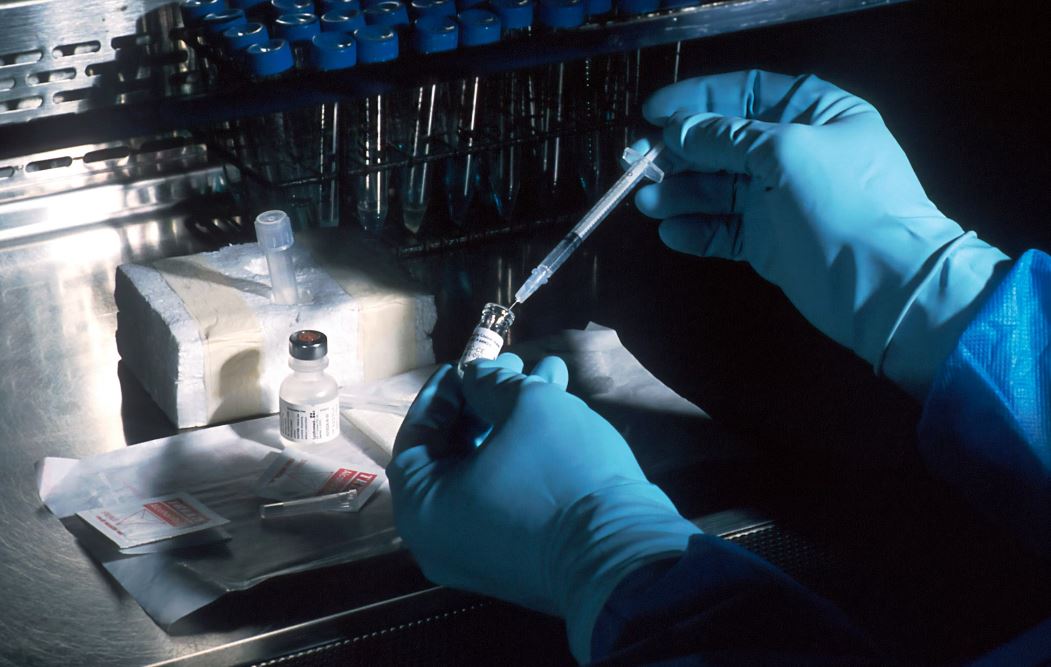
Navigating the Promise and Perils of Biotechnology
Biotechnology stands at the forefront of scientific innovation, offering transformative solutions to some of humanity’s most pressing challenges while simultaneously raising profound ethical, social, and environmental questions. As biotechnological advancements continue to accelerate, it is crucial to consider both the potential benefits and the warnings associated with this rapidly evolving field.
The realm of biotechnology encompasses a vast array of disciplines, from genetic engineering and synthetic biology to biomedical research and agricultural biotechnology. Some of the most promising advances in biotechnology include medical breakthroughs, agricultural innovation, and environmental solutions.
Medical breakthroughs have revolutionized healthcare, enabling the development of life-saving drugs, vaccines, and gene therapies. From targeted cancer treatments to personalized medicine, biotechnological innovations hold the promise of improved health outcomes and enhanced quality of life for patients around the world.
In agriculture, biotechnology has transformed the industry with genetically modified crops offering increased yields, pest resistance, and nutritional enhancements. Precision breeding and gene editing have the potential to address global food security challenges and mitigate the impacts of climate change on crop production.
Biotechnology also plays a crucial role in environmental conservation and sustainability, with biodegradable materials, biofuels, and bioremediation technologies offering alternatives to conventional fossil fuels and plastic pollution. Interventions in carbon capture and waste management hold promise for mitigating the impacts of climate change and preserving biodiversity.
Despite the promise of biotechnology, there are also significant warnings and ethical considerations that must be addressed. Genetic engineering and gene editing technologies raise profound ethical questions about the manipulation of life at the molecular level. Concerns about biosafety, biosecurity, and social equity highlight the importance of robust regulatory frameworks and international cooperation in governing biotechnology.
Ensuring equitable access to biotechnological innovations and addressing disparities in healthcare access and agricultural productivity are critical for promoting social justice and equity in the biotechnology sector.
As we navigate the future of biotechnology, it is essential to adopt a balanced approach that maximizes the benefits of biotechnological innovation while mitigating the risks and addressing the ethical, social, and environmental implications. By fostering responsible innovation, promoting transparency and accountability, and prioritizing ethical considerations in biotechnological research and development, we can harness the transformative power of biotechnology to address global challenges and improve the well-being of present and future generations.
